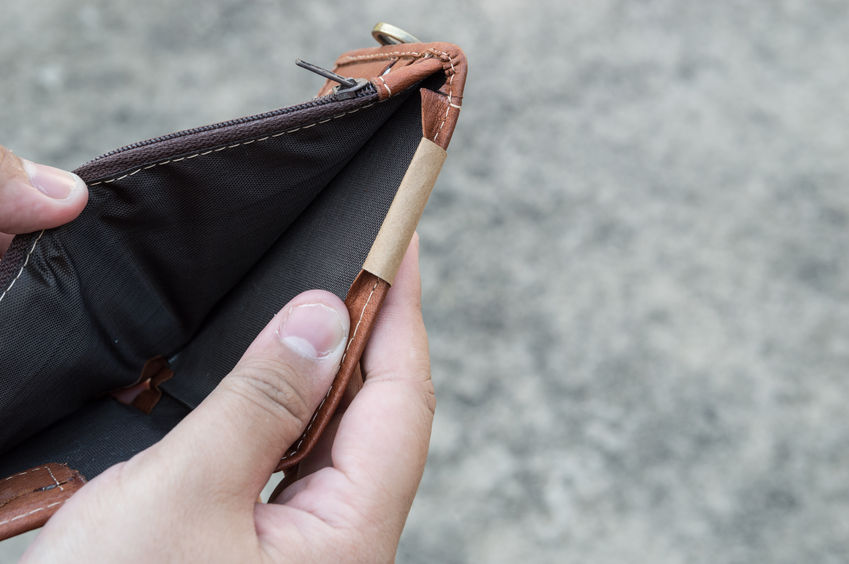
By WIN GRUENING
SENIOR CONTRIBUTOR
“I’m a Conservative who believes in lower taxes. They lead to a more enterprising economy. But I’m not somebody who believes you can fund lower taxes by borrowing more money.” – George Osborne
George Osborne, a member of British Parliament for 16 years and former Chancellor of the Exchequer, is noted as a social liberal and fiscal conservative. He understood the temptation to avoid the hard choice of reducing government deficits by cutting expenses while continuing to support the economy through lower taxes.
Osborne understood that raising taxes or borrowing money to fund unnecessary expenses eventually drives jobs and investment away and weakens your economy.

As Alaskans, we tend to focus on budget battles occurring at the national and state level. Indeed, those battles will have a significant effect on our community and each of us, as individuals.
Yet, the same battle is also playing out at the municipal level throughout Alaska as communities struggle to balance declining revenues apnd faltering economies with the needs and wants of our citizens.
Juneau’s declining school enrollments, stagnant population, weakening retails sales, rapidly growing homeless problem, and epidemic of petty crime, and opioid abuse indicate harder times ahead.
By the end of 2017, employment throughout the state will have fallen to 2010 levels meaning the economy will have lost 15,000 jobs.
Juneau, supported by the mining and tourism sectors and government employment (which provides 38% of all jobs), has yet to feel the full effects of Federal and State cutbacks. But these changes are coming as government program costs are either reduced or shifted to municipal budgets.
In the FY18 CBJ budget beginning July 1, city staff and the Assembly were unable to align revenues and expenses and were forced to use cash reserves to balance the budget. Two vacant city jobs were eliminated, cuts to other city services were minimal, and our deficit was plugged with an infusion of $800,000 from our existing fund balance.
While the Assembly has decided for now against raising property taxes or our current sales tax, other funding ideas are being floated in response to several proposed community projects.
Normally, these projects could be funded from within the portion of the existing 5 percent sales tax reserved for capital projects and deferred maintenance. This component – amounting to 1 percent — is up for renewal in October and is projected to raise about $43 million over the next five years.
However, the competition for these funds is very keen and topping the priority list are community infrastructure needs including rehabilitating Juneau’s drinking and waste water systems along with facility upgrades and maintenance at our airport, harbors, and municipal buildings.
It’s generally recognized these projects should take precedence since they are basic infrastructure needs and, in many cases, come with significant matching funds from Federal and State sources.
It is unlikely there will be enough money left for other projects on the list to receive any significant support. Two of the largest projects, the new Juneau Arts and Culture Center (JACC) and a pre-school program designed to provide early learning and affordable universally available child care (Best Start) are requesting $5 million and $14.5 million respectively.
Besides sales taxes, two other funding methods being considered are to tap another tax source or have CBJ borrow the money.
So far, the JACC has raised about 20 percent of what they will need but is a long way from reaching their goal of $26 million. Supporters have suggested raising the current Juneau Hotel/Motel Tax by 1-2 percent to aid this project and perhaps even provide some additional funding for Centennial Hall – now currently losing about $600,000 annually.
Because the “Best Start” project request is a perpetual operating subsidy and would consume almost one-third of all future 1 percent sales tax requests, alternatively some or all of their request could be voted on this fall as a bond proposition. If passed, this would add to Juneau’s existing debt service levy and have the effect of raising property taxes.
These proposals deserve scrutiny as the Assembly decides how best to allocate sales tax proceeds and whether to approve any tax increase.
A question: Is it wise now to incur additional debt for new programs or facilities?
Regardless of the merit of any proposed project, voters should consider carefully any new tax proposals or bond propositions in light of continuing state economic contraction and the current uncertainties surrounding State school and bond debt reimbursement.
Now, more than ever, we need to encourage economic development that brings new jobs and investment to our community allowing our population and tax base to grow.
Increasing our debt service (and property tax) or raising taxes on visitors staying in hotels, motels or B&B’s will have just the opposite effect.
Win Gruening retired as the senior vice president in charge of business banking for Key Bank in 2012. He was born and raised in Juneau and graduated from the U.S. Air Force Academy in 1970. He is active in community affairs as a 30-plus year member of Juneau Downtown Rotary Club and has been involved in various local and statewide organizations.